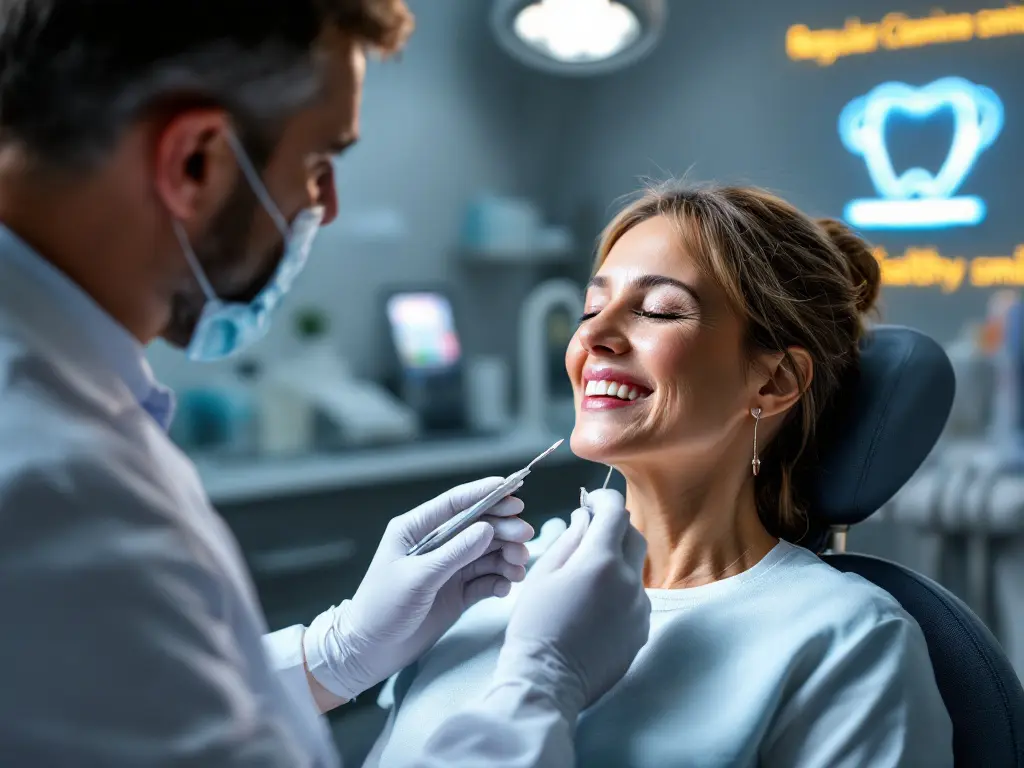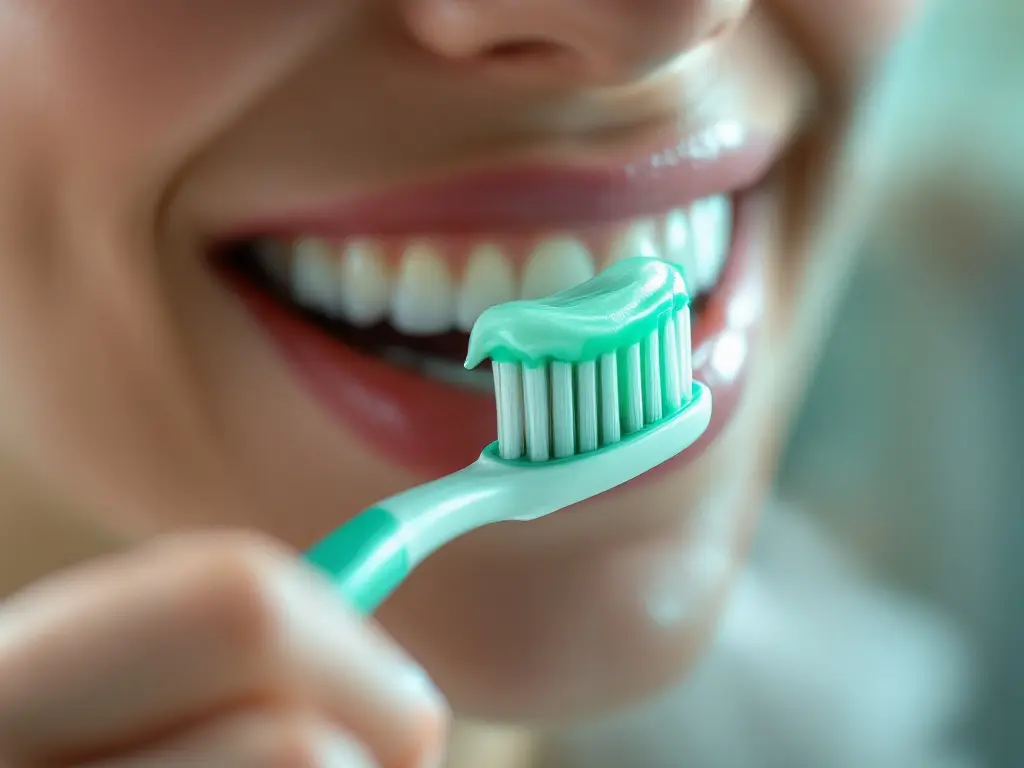Maintaining Oral Hygiene at Home: Tips and Tricks
Oral hygiene is a cornerstone of overall health, playing a crucial role in maintaining not only a radiant smile but also overall well-being. Proper care of teeth and gums helps prevent cavities, gum disease, and even systemic issues linked to poor oral health, such as heart disease and diabetes. While regular dental visits are vital for professional care, establishing a consistent and effective home care routine is the foundation of lifelong dental health. Here are expert-backed tips and tricks to help you maintain optimal oral hygiene from the comfort of your home.
1. Brush Properly and Regularly
Brushing your teeth correctly is the foundation of good oral hygiene. Follow these guidelines:
Brush Twice a Day: Morning and night brushing is crucial.
Use the Right Toothbrush: Choose a soft-bristled toothbrush and replace it every three months.
Apply Proper Technique: Hold the brush at a 45-degree angle and use gentle circular motions.

2. Choose the Right Toothpaste
Choosing the right toothpaste is essential for maintaining strong teeth and a healthy mouth. Look for a fluoride toothpaste approved by reputable dental associations, as fluoride helps to strengthen enamel and prevent cavities. If you experience tooth sensitivity, opt for a desensitizing toothpaste specifically formulated to alleviate discomfort while still protecting your teeth.
3. Don’t Skip Flossing
Flossing removes food particles and plaque between teeth where a toothbrush can’t reach. To floss effectively:
Use about 18 inches of dental floss.
Gently slide the floss between teeth and curve it around each tooth.
Avoid snapping the floss to prevent gum irritation.

4. Use Mouthwash for Extra Protection
Mouthwash plays a supportive role in oral hygiene by reducing harmful bacteria, freshening breath, and enhancing overall mouth cleanliness. For optimal results, select an alcohol-free mouthwash containing fluoride, which strengthens tooth enamel while being gentle on sensitive gums. Incorporate mouthwash into your daily routine after brushing and flossing for comprehensive oral care.
5. Maintain a Healthy Diet
Your diet significantly impacts oral health. Follow these dietary tips:
Limit Sugary and Acidic Foods: These can cause tooth decay and enamel erosion.
Eat Teeth-Friendly Foods: Include calcium-rich foods like dairy products, leafy greens, and almonds.
Stay Hydrated: Drinking water helps wash away food particles and neutralizes mouth acidity.

6. Protect Your Teeth During Sports
Wearing a mouthguard during contact sports is essential for protecting your teeth from potential injuries. Custom-made mouthguards from your dentist provide the highest level of protection, ensuring a secure fit and maximum comfort. Unlike generic mouthguards, these are tailored to your unique dental structure, reducing the risk of serious dental trauma while enhancing your performance through better breathability.
7. Avoid Harmful Habits
Certain habits can harm your teeth and gums, including:
Smoking and Tobacco Use: These increase the risk of gum disease and oral cancer.
Chewing Hard Objects: Avoid chewing ice or pens, as this can cause tooth fractures.
8. Regular Dental Checkups
While maintaining oral hygiene at home forms the foundation of dental health, visiting your dentist regularly for professional cleanings and checkups remains indispensable. Regular dental visits allow for early detection of potential issues such as cavities, gum disease, and even signs of more serious conditions like oral cancer. Dentists provide deep cleaning that home care cannot match, ensuring long-term oral health and preventing costly treatments down the road.

Oral Hygiene Statistics: Why It Matters
| Dental Issue | Percentage of Affected Adults |
|---|---|
| Gum Disease (Mild to Severe) | 47% |
| Tooth Decay (Untreated) | 26% |
| Tooth Loss (Adults Over 65) | 20% |
Bonus Tips for a Healthier Smile
Chew Sugar-Free Gum: This stimulates saliva production, helping cleanse the mouth.
Clean Your Tongue: Use a tongue scraper or your toothbrush to remove bacteria buildup.
Avoid Frequent Snacking: This reduces the risk of plaque accumulation.
Maintaining oral hygiene at home is about consistency and using the right techniques. By following these tips and integrating healthy habits into your daily routine, you can enjoy a lifetime of strong teeth, healthy gums, and a radiant smile. Make oral care a priority—it’s one of the best investments in your overall health.











